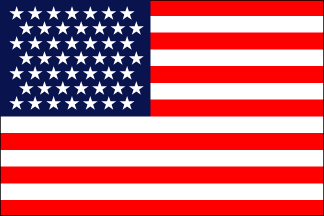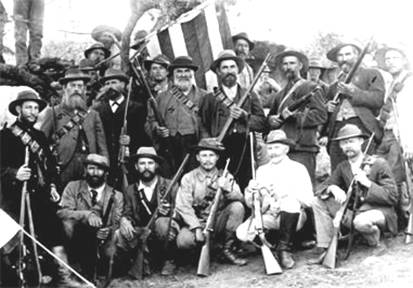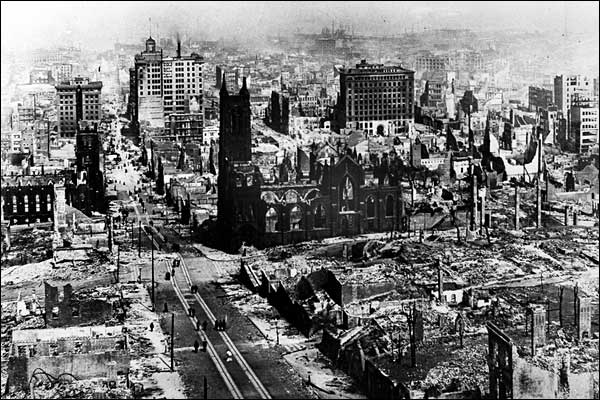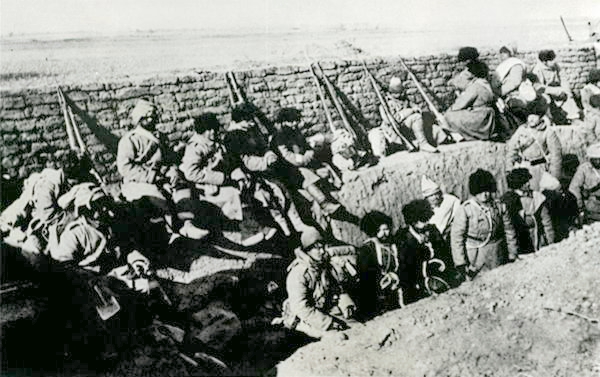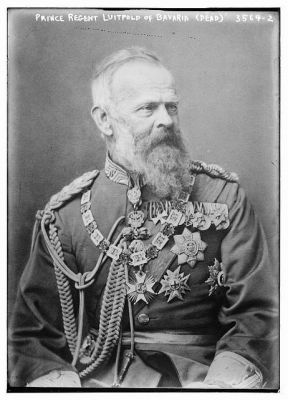Well, considering the fairly massive slugging matches between Japan and Russia in the Far East (over 300,000 each on the field at any given time implies a heavy commitment of manpower by both Japan and Russia greater then what is initially indicated [considering the need to replace losses and rotate out troops and such, not to mention the need to organize logistics], see
the Battle of Mukden), I think this effectively kills any Russian involvement in the first year of the war, at least, since they'll have to remain in a defensive stance for now (perhaps feeding troops to Prussia).
Also, given the now close relations between Prussia and Russia, would the two countries maintain an integrated rail system? If they do, it certainly might alleviate the gross supply problems the Russians faced in the first years of the war. This also being 1907, one can also expect Russia and Prussia to be relatively weaker then they would be in 1914, in comparison to France and Austria-Hungary. Given this, Prussia's going to take a beating (Italy also, especially if OTLs incompetence hasn't been handwaved). If Austria and France are going for a Prussia first strategy, they'll most certainly be going after the Saarland and the Ruhr (for France), and Silesia (for Austria), considering the industrial importance of these regions. Germany has no doubt prepared border fortifications but, considering the extremely long front they share with France-Bavaria-Austria, its doubtful that they're strong enough to hold back a coordinated offensive. In addition, both Austria and France will be putting pressure on Italy (now essentially cut off from the rest of the world, given Entente naval superiority and land borders), though they can still be a thorn in the side of Entente shipping in the Mediterranean. Given that the Balkan Wars haven't happened, I foresee one being sparked right about now, which means Austrians and Ottomans vs Serbs, Bulgarians, and Greeks (perhaps Romanians).
Don't think that'll end well for the Balkan powers if they can't launch a decisive enough offensive, considering French naval superiority (those powers are going to be in short supply of ammo, arms and supplies, once their initial offensives wear out, due to Entente blockade (which may discourage the Greeks). Also, with Entente naval superiority, the Ottomans will be able to ship over reinforcements and supplies (which, due to OTLs Greek Navy, they weren't able to do), and even token Austrian support puts Serbia in a completely encircled state (in three directions), as well as outnumbering the three.
Russia's also now fighting on three-four-five fronts (the Far East, the Caucasus, Galicia-Poland, [Prussia, and the Balkans also, perhaps)), and now face blockade on all three fronts (the Black Sea is decisively blocked off, the Far East is right out, and the the Baltic is iffy, since the Prussians should have a Kiel Canal). this'll most definitely force them to encourage the Balkan powers to get in on the action, simply so they can regain the Dardanelles, perhaps (a Russian-controlled Dardanelles, however, has been one of the worst nightmares of British diplomats for at least a century, however, which further complicates Britain's situation). On the other hand, Russia and Prussia complement each other economically, so they'll do better in that regard, maybe even without trade.
I really wish I wasn't Britain at this point. Given their tremendously conflicting interests (France and Russia), as well foreign commitments, they aren't in a position to intervene in the war. Best they remain neutral and sell copious amounts of arms to both sides (and reap major profits), as well as maintaining themselves as the future arbitrators of the peace. Do the have any signed alliances with anyone (like the Anglo-Japanese Alliance)? Those are going to be rather important in deciding which way they go, if at all.
Quick note about that map: Bulgaria's not on the Ententes side, I don't think. But anyway, this is an awesome timeline, and I await your next update.
